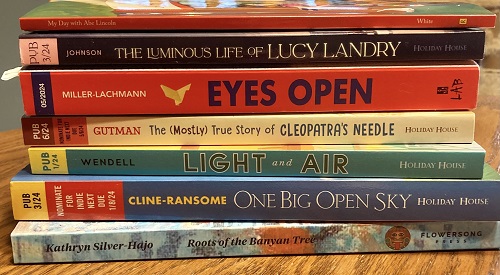Three Souls
Song Leiyin is dead. She senses a bright light drawing her into the afterlife but also a weight holding her back. She has three souls with her – yin, yang and hun – who comment on her past behavior much as a Greek chorus would in a play. Yet there was a tradition in Chinese drama that actually influenced the development of the chorus in Greek theater. The three souls, representing traditional Confucian thought, romantic modern thought, and individual ideals, tell Leiyin that she must repent and make restitution for her terrible wrongdoings before she can progress to the afterlife and reincarnation. Therefore, Leiyin agrees to relive her memories in the period of Chinese history when Nationalism and Communism were warring for power over all of China.
Leiyin’s father is a traditionalist businessman who tries to prevent Communist ideas from infiltrating his home. But when Leiyin falls in love with a leftist poet, Hanchin, and determines to get a scholarship for a college education, her plans are thwarted at every turn. Hanchin remains the antagonist who brings disaster to the lives of every person he mesmerizes with his poetic but political spirit. Ideals are like hypnosis at historical moments like this; the remainder of the story tells of mourning lost love, lamenting the false illusions of political rhetoric, betraying one’s family and friends inadvertently, and so much more.
The plot and characters are complex and intriguing, with new developments and intricacies. The Song family, including Leiyin’s naïve brother, is a microcosm of what every Chinese family was wrestling with during this extremely turbulent time in history, with the addition of Japanese invasion complicating the confusion. A remarkable, exquisite work of historical fiction, Three Souls is highly recommended as a wonderful read and an experience of creative, brilliant writing.










